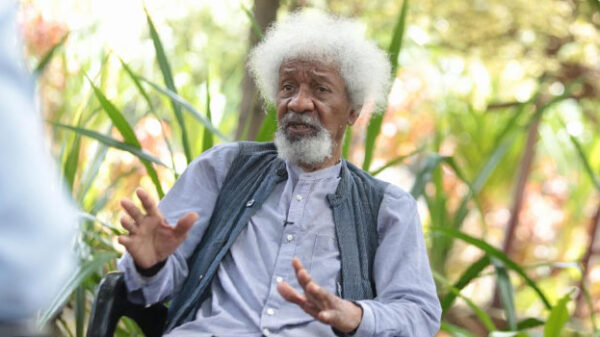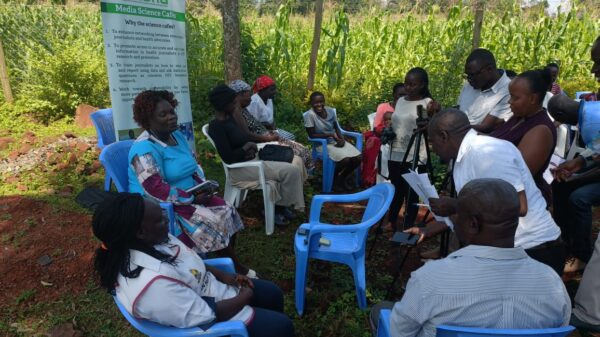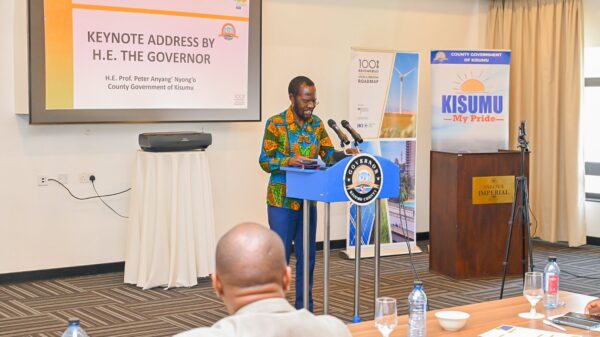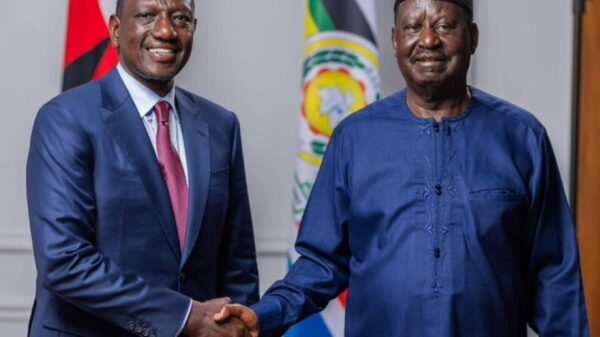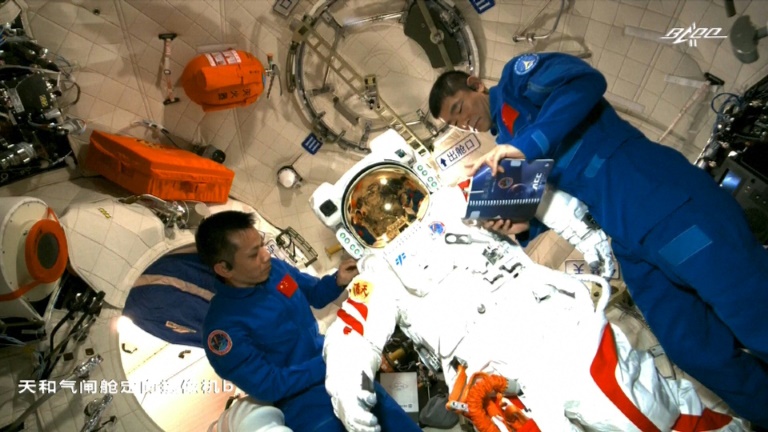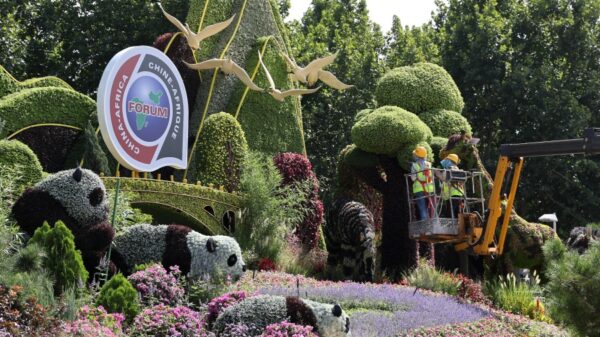Last month, three Chinese astronauts returned to earth after a successful three-month mission to space. The Shenzhou-12 spacecraft became the first manned flight to inhabit China’s new space station, in a big win for Beijing’s pace exploration programme. As a major developing country, China’s stride in space science is an inspiration to the larger global south and a demonstration that scientific exclusion is no barrier to innovation and self-propulsion.
By building its own space station christened Tiangong, Beijing is tipped to expand its scientific reach, conducting research that cannot be done anywhere else. The spinoffs of such scientific inquiry would be useful in guiding the world out of its mounting challenges that currently include pandemics, climate change, and poverty within much of the developing world.
With the International Space Station that went into orbit in 1998 set to retire in just three years’ time, the newly built Chinese space station will play an important continuity role in man’s search for answers from outer space. China’s space victories have grown over the years following the inauguration of the China National Space Administration (CNSA) in 1993.
In 2003, China became the third country ever to launch a human being into space. A year later, Wang Yongzhi, the chief designer of China’s space programme, revealed that China aimed to have a permanent crewed space station within 15 years, a fact that is now becoming a reality. In 2019, China scored another first by becoming the first country to send a robotic rover to the far side of the Moon.
The development of China’s space power can be viewed from the comprehensive growth and development of Chinese society that include legendary track record in lifting millions of people of out of extreme poverty to achieve a moderately prosperous society status in just three decades.
Under the auspices of the Africa Agenda 2063, Africa has adopted Continental Space Policy, which underscores the importance of outer space to the development of Africa in a plethora of fields including agriculture, disaster management, remote sensing, and climate forecast. Banking and finance; as well as defense and security also feature heavily in the blueprint that opines that Africa’s access to space technology products is no longer a matter of luxury.
A total of 14 African countries have active space programmes, having launched a total of combined 42 satellites by January 2020, according to a working paper by China-Africa Research Initiative. For a continent comprising 54 countries, Africa’s space programmes are relatively nascent and would much do with strategic partnerships with other advanced space programmes around the world, including China.
Like much of its other aspects of transformation, China’s space exploration programme has roped in developing countries through its journey. Beijing is for example working with African countries across a range of space exploration themes. China has helped build and launch satellites for Nigeria, Algeria, Sudan, and Ethiopia; and currently ranks as the fourth largest satellite contractor in Africa.
China has equally been welcoming of African scientists to visit and participate in its space experiments and technology building – significantly transferring hands-on knowledge to beneficiaries. In 2017, Kenya initiated talks with CNSA that would allow experiments by Kenyan universities to be conducted on China space station. Such exchange programmes have significantly boosted capacity for space development programmes on the continent.
As a choice destination of young Africans seeking higher education abroad, Beijing is impacting young African scholars including in the area of China-Africa space cooperation. Such targeted trainings foster the continent’s ability and cooperative power to realize Africa’s space aspirations.
More importantly, China offered the moral standard for South-South cooperation when its taikonauts (astronauts) carried Malawian flag to the newly build space station in June 2021. It was an expression of camaraderie and indication that Beijing is willing to pull developing countries along as it blazes a new trail in outer space.
The writer is a scholar of international relations with a focus on China-Africa cooperation. Twitter: @Cavinceworld

